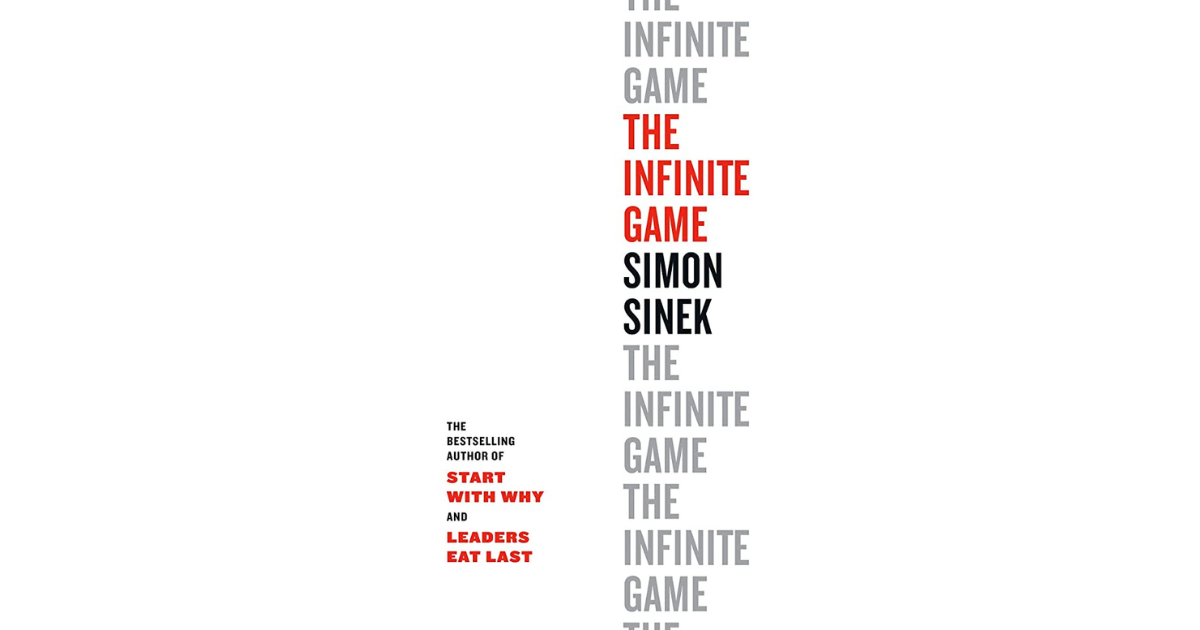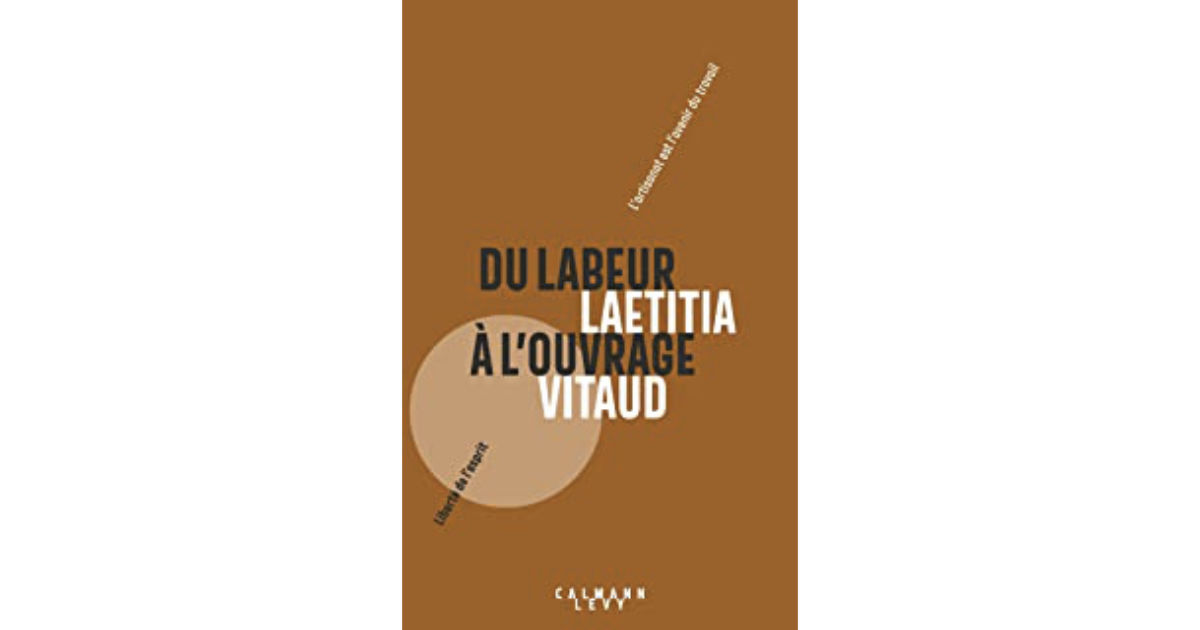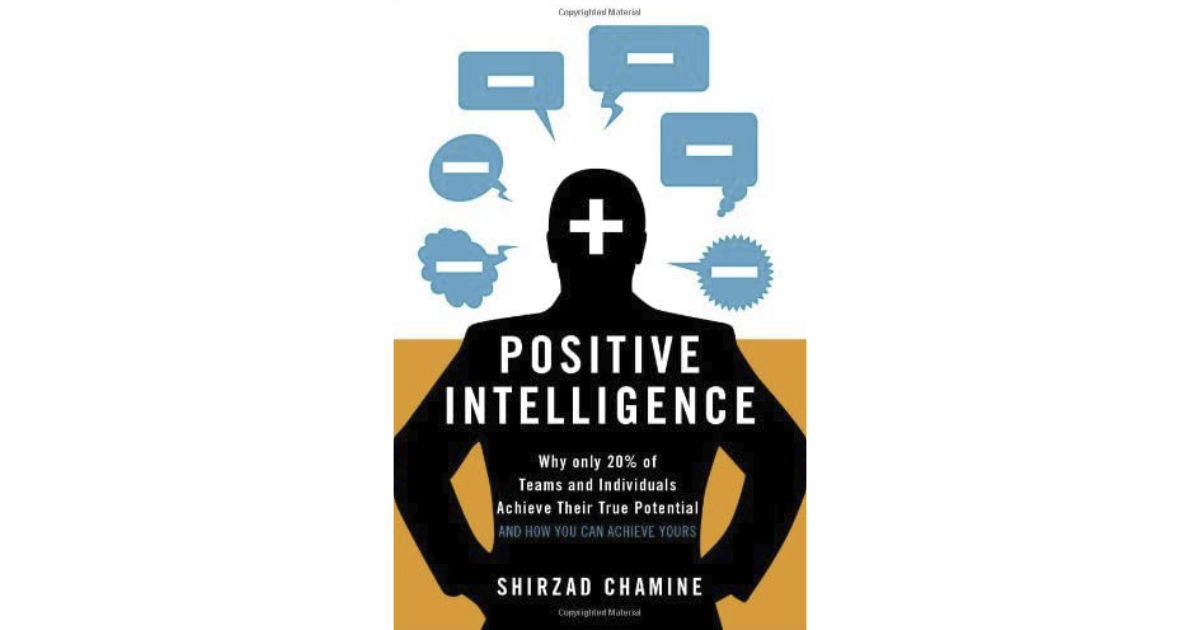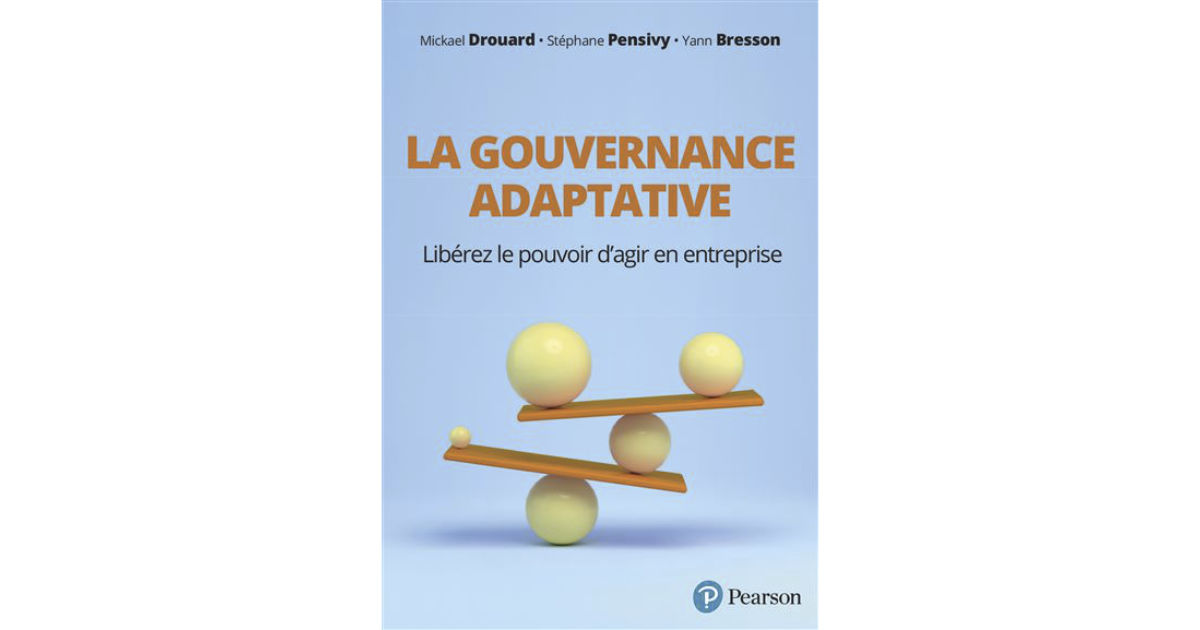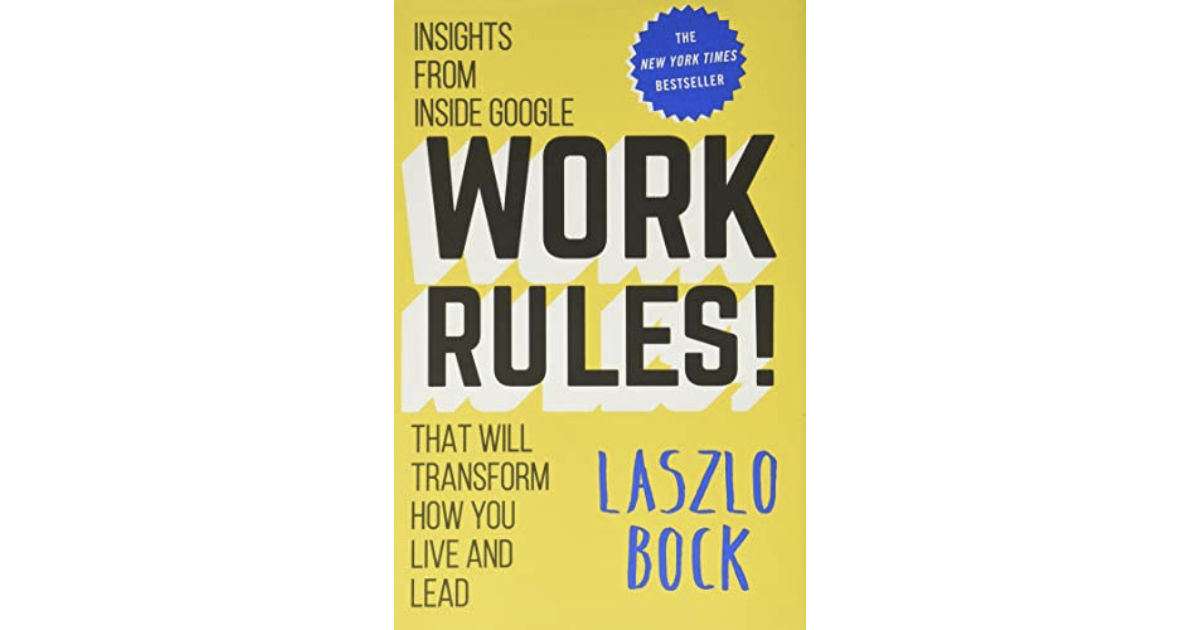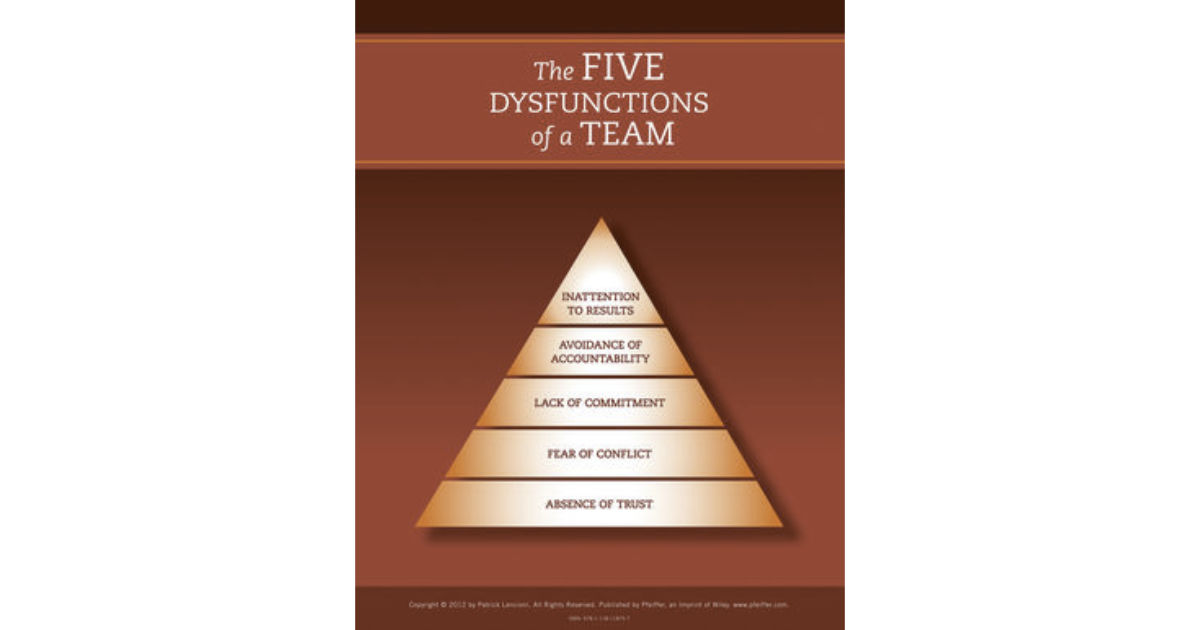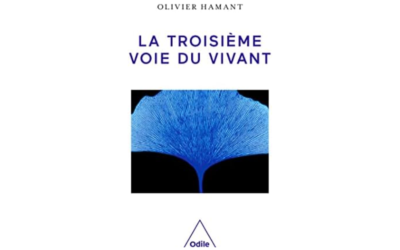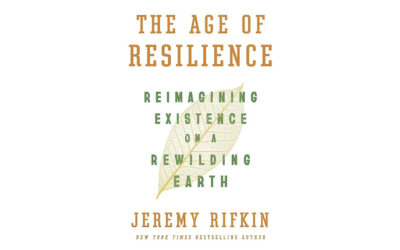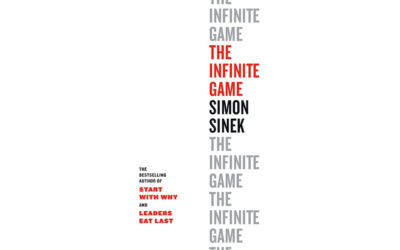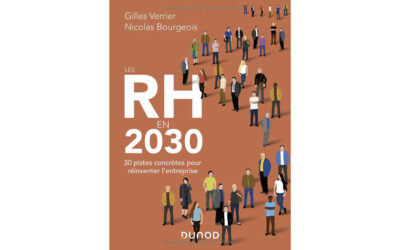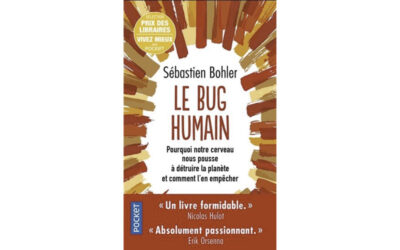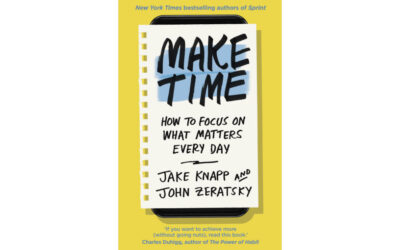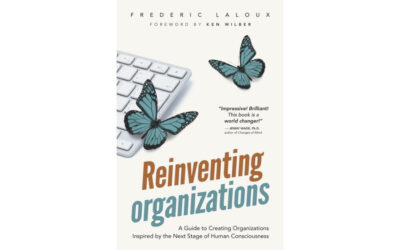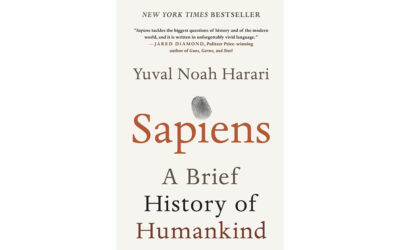References
La troisième voie du vivant
Where the machine has been programmed to excel in efficiency, the living world is sub-optimal, redundant, random.... The third way of life invites us to favor robustness over performance.
Sois jeune et tais-toi
The new generation is tired of being mistreated by clichés. Eco-anxiety, mental health problems, lack of security... all these factors are preventing young people from projecting themselves calmly into the future. Faced with a significant environmental and social...
The age of resilience
The Progressive Era, the economic narrative of the last 150 years, has firmly anchored us in efficiency. Focused on our own humanity, in a spirit of domination and omnipotence, we have seized our planet as property, in search of a better life. Our drive for...
The Infinite Game
Companies that focus on winning on the short run and on dominating their competitors play a finite game in an infinite universe, resulting in less trust, collaboration and innovation within the team. In an infinite game, the goal is not to be THE best, but simply...
HR en 2030
Sociological, economic, social and environmental factors are influencing our relationship with work and the way it functions. Human resources management in companies must take into account the needs arising from these upheavals. In order to respond to these changes...
Le bug humain
Instinctively individualistic and selfish, our brains are governed by our primary needs. And these instincts, in order to perpetuate our species, tend to be reinforced through millions of years of evolution. Being also endowed with extraordinary intelligence, we...
Make Time: How to Focus on What Matters Every Day
Two ex-Google workers share with us a method for regaining control of the time that is slipping away from us. Programmed to seek instant gratification, we have fallen into the traps of a culture that values hyperactivity and distraction at the expense of our true...
Du labeur à l’ouvrage
The mass economy has generated mass labor. Much more than a piece of paper binding the employee to his employer, the employee's work contract is the basis of our entire economic and social system built with industrialization and Fordism. A system that allowed...
Reinventing organizations
Imagine a world where the success of your company does not depend on the boss, but rather on a self-regulating structure, similar to those observed in nature. Based on applied research, illustrated by numerous real-life examples, the author leads us to a paradigm...
Sapiens: A Brief History of Humankind
Thanks to the power of myths, large-scale cooperation and empathy, humans have developed through the cognitive, agrarian and scientific revolutions an incredible capacity to create tools and technologies. These allow us to create our own world, dissociated from our...
Positive Intelligence
We cultivate the belief that hard work is necessary to succeed and then be happy. Our brains desperately hang on to problems rather than to opportunities. But there are other ways to increase performance and well-being. This path only depends on how we look at...
Multipliers : How the best leaders make Everyone Smarter
Some people inspire you, while others make you feel paralyzed? In business, "multipliers" pull you up, make you go further, build teams whose performance is sustainable. This research work explores the characteristics of "multipliers": they are curious, they...
The Doughnut Economics
We have based the principles of our economies on the postulates of universal growth. It doesn't take a rocket scientist to understand that infinite growth in a finite world is bound to creak at some point. So we need a new economic narrative that fits between the...
La comédie (in)humaine
To meet the challenges of an innovative service society (digital and human) and to ensure that everyone finds a contribution in line with their values, the organisational patterns and values of large companies are being adapted. Unfortunately, these companies seem...
La gouvernance adaptative: Libérez le pouvoir d’agir en entreprise
Organizations are waking up, we are becoming aware of the strength of collective performance. Giving a collective meaning, multiplying energies, capitalizing on our interdependencies. Inspiring ideas, methods anchored in practice, an ideas box to draw from and with...
Work rules !
HR practices are evolving to put people and relationships back at the center. Through his own experience, the author shares with us his approach to people management at Google, often overturning traditional corporate practices. Very much in the American style, a...
The Five Dysfunctions of a Team
The members of your team are all individually competent but collectively, your organization does not achieve its objectives? This book resonates with us, we all feel through this fable a sense of "déjà vu", situations that we have not been able to untangle. Very...
Le patron qui ne voulait plus être chef
It is possible to manage your company by giving your employees a voice. Unlike some well-established beliefs in management, people like to work. Let's stop making rules for the 3% of people who cheat... And above all, let's not deprive ourselves of the collective...
Brainchains
We mix hyper-connection with hyper-efficiency. The efficiency of multitasking is (un)fortunately a myth, as our brains are not designed to constantly jump from one element to another. Our intelligence needs a conducive, mono-focused environment to develop. Based on...
Sharing executive power
In our cultures, sharing roles is rarely considered good practice when it comes to taking responsibility, since we don't know how to draw a clear line on who's responsible for what. But does this really matter, when collegiality is proving so much more effective?...




